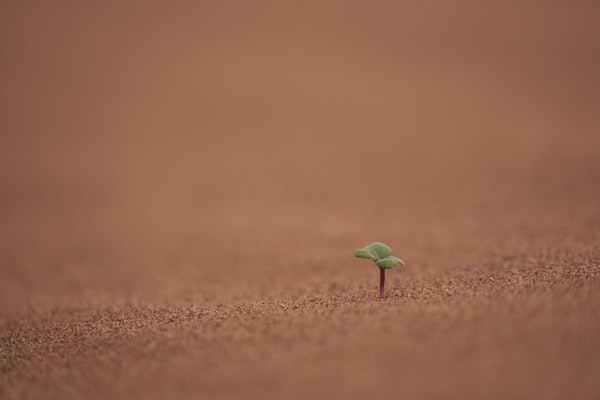A fair trial
BBC News Africa undertook an excellent investigation to reveal that a group of men who killed four unarmed civilians – two women and two children – in 2015 belonged to the Cameroonian military. Fourteen journalists worked on the story, together with Amnesty International, using Google Earth imagery, satellite images, social media, prior news reports and one anonymous source.
The journalists described their process in a tweet thread in September 2018, which has been retweeted over 57K times since. But oddly, towards the end of the thread, the BBC News Africa account makes a troubling suggestion that departs in spirit from the rest of the enterprise, which appears to have been level-headed and measured.
We all understand – and the BBC also establishes – that the killings were abhorrent. But the two tweets above, which appeared in that order, seem to suggest that the soldiers should not be given a fair trial because they did not give the women and children they killed a fair trial.
All trials must be fair irrespective of the heinousness of the crime or the moral vacuum of their perpetrators. This is an unpopular opinion these days but an unfair trial will only jeopardise the authority of humanitarian justice, not to mention delegitimise the judiciary and make it difficult for Cameroon to get the support of other governments.
A court is highly unlikely to find the soldiers innocent, thanks to the efforts of BBC News Africa, and if that happens, it will likely be due to an unfair trial. But if the soldiers are found guilty, the legitimacy of the process should cement it, not detract from it. The fourteen journalists + Amnesty followed that process. They should ask that Cameroon’s institutions do so as well.



